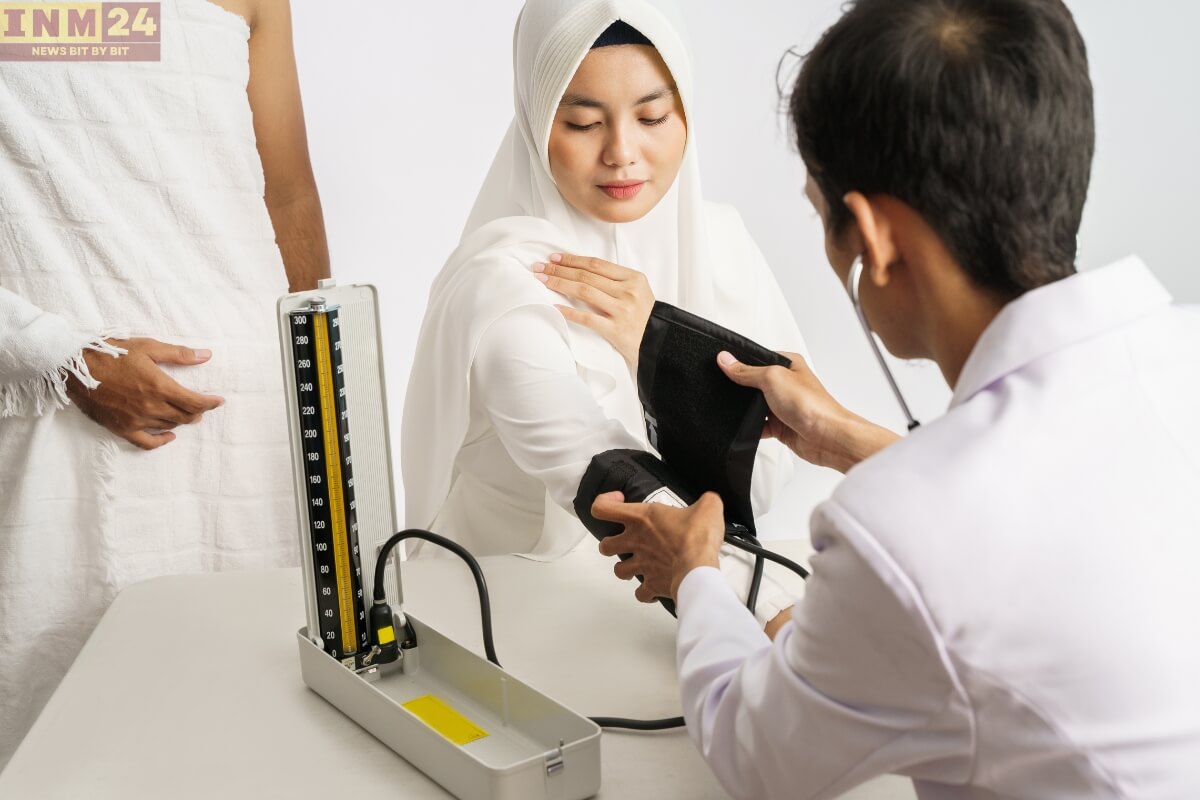Regular health checkups are crucial for maintaining overall well-being and preventing potential health issues. For women, certain screenings and exams are particularly important to detect any health concerns early on and ensure timely intervention. Here are five essential health checkups that every woman should prioritize and schedule regularly:
- Pap Smear and Pelvic Exam: Pap smears, also known as Pap tests, are vital screenings for detecting cervical cancer or abnormalities in the cervix. During a pelvic exam, the healthcare provider also checks for any signs of infections, abnormalities, or reproductive health issues. Women should typically start getting regular Pap smears around the age of 21 or as recommended by their healthcare provider, and continue with routine screenings as advised.
- Mammogram: Mammograms are essential for breast cancer screening and early detection. Women aged 40 and above, or as recommended based on individual risk factors, should undergo regular mammograms. These screenings can detect breast cancer in its early stages, when treatment is often more effective. Regular self-examinations of the breasts are also encouraged to monitor for any changes or abnormalities.
- Bone Density Test: Bone density tests, such as dual-energy X-ray absorptiometry (DEXA), assess bone health and screen for osteoporosis or low bone density. Women, especially those over the age of 65 or postmenopausal women, should consider bone density testing regularly. Early detection of osteoporosis allows for timely intervention and preventive measures to reduce the risk of fractures and maintain bone health.
- Blood Pressure Screening: High blood pressure, or hypertension, is a significant risk factor for heart disease, stroke, and other health complications. Regular blood pressure screenings are essential for monitoring cardiovascular health and detecting hypertension early on. Women should have their blood pressure checked regularly, starting from adolescence and throughout adulthood, as recommended by their healthcare provider.
- Cholesterol Test: High cholesterol levels can increase the risk of heart disease and stroke, particularly in women as they age. A cholesterol test, also known as a lipid panel, measures levels of cholesterol and triglycerides in the blood. Women should undergo cholesterol testing regularly, especially if they have risk factors such as a family history of heart disease, obesity, or an unhealthy lifestyle.
In addition to these specific screenings, women should also prioritize regular visits to their healthcare provider for comprehensive checkups and discussions about their overall health. These visits provide opportunities to address any concerns, review preventive measures, and discuss lifestyle habits that can promote optimal health and well-being.
Prioritizing these five essential health checkups can help women take proactive steps towards maintaining their health and reducing the risk of serious health conditions. By staying proactive with screenings and preventive care, women can empower themselves to lead healthy, fulfilling lives and address any health concerns early on. Always consult with a healthcare provider to determine the appropriate screening schedule based on individual health history and risk factors.
